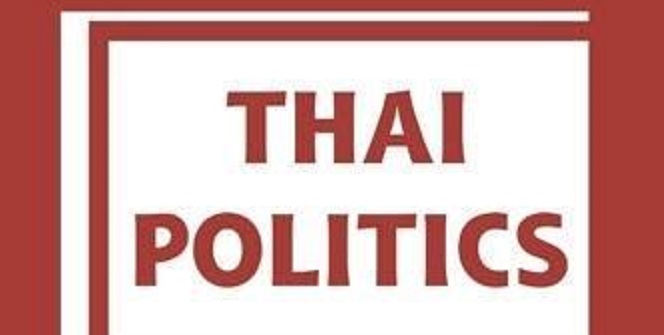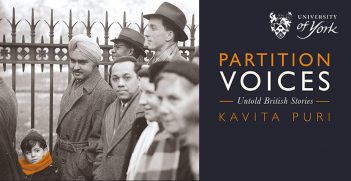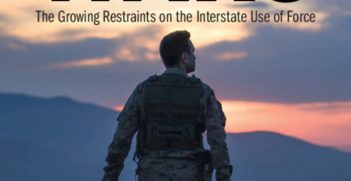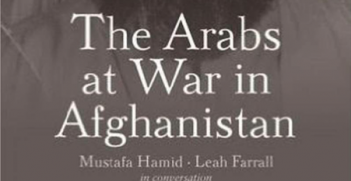Thai Politics: Between Democracy and its Discontents

After two coups, a decade of political strife and this week’s referendum vote in favour of further military involvement in government, Thai politics deserves serious analysis, grounded in facts and marked by rich cultural interpretation. In this co-authored volume, Daniel H. Unger and Chandra Mahakanjana describe the contested ground of the country’s democratic possibilities. They present a sophisticated and conceptually worthwhile analysis that also asks probing questions about the nature of 21st century politics.
Unger and Chandra begin with a readable overview of a vast sweep of the Thai experience. They start, characteristically enough, with the founding of the Chakri dynasty and gallop through the phases of absolutism to the revolutionary excitement of the past hundred years. The chapters then proceed in an orderly thematic tempo, offering insights about the state, law, communication and political participation, before ending with an evaluation of “Thailand’s elusive democracy”.
What is compelling about this book is its deeply pragmatic treatment of the varied and often contradictory forces at work in Thai society. Ordinarily, analysis of Thai politics ends up tilting the balance towards one faction over another. Certainly, much of the public commentary about Thai politics still supposes that there are good and bad actors. We all have our own normative judgements.
Yet, in this book, the authors prudently offer criticism of just about everyone. Unger and Chandra go harder against deposed former Prime Minister Thaksin Shinawatra than many of his supporters would like. Nonetheless, they also offer rehearsals of the critical assessments that now proliferate around the military, the palace and King Bhumibol Adulyadej.
It takes a deep appreciation of the forces at work in Thai society to manage this kind of a balancing act. It is also only possible with a strong understanding of the constraints on the country’s political and cultural conflict. Much of the discussion is fascinating precisely because it is so very unusual to see these ideas in print. One section, for instance, offers a negative appraisal of the political knowledge of the Thai masses. It ends up with a damning assessment of “Thais’ general levels of cognitive skills and knowledge”. In another, we learn that some Thais believe that the 2014 coup-maker, General Prayuth Chan-ocha, was “in a former life… King Naresuan’s most trusted soldier in late-sixteenth-century Ayutthaya”.
Taken together, hundreds of these fragments offer a provocative re-reading of the Thai political scene. Unger and Chandra then conclude on an intriguingly comparative note, offering a side-by-side analysis of the decline of the Brazilian monarchy in the 19th century and its eventual overthrow. For Thailand, the prognosis is: “Dictatorship is unlikely to feature prominently in Thailand’s future, but electorally based and somewhat authoritarian rule seems possible”. One lesson from such an analysis is that when it comes to Thai politics, there is, surely, no way of guessing the future.
A further striking feature of Thai Politics is that there is nothing between its covers that will get the authors in trouble with Thailand’s entrenched elites. Given the breadth and depth of its analysis, that is not an easy feat, especially in the context of the publications over the past decade by people like Paul Handley, Andrew Walker, David Streckfuss, Pavin Chachavalpongpun, Kevin Hewison and Andrew MacGregor Marshall (all of whom are cited). In this respect, careful phrasing provides a shield against potential allegations of anti-monarchy sentiment.
At the same time, something is lacking with how the book engages the Thai subject matter, particularly the huge quantities of Thai language material produced during these turbulent recent years. These tend not to get used. As the authors know, there is also an unfathomably vast, parallel universe of critical materials about Thai politics in the online sphere. These potentially useful materials do not feature much at all.
Irrespective of these minor limitations, it certainly makes sense to have this book on hand. Unger and Chandra’s blend of empirical detail and theoretical ambition ensures that Thai Politics has real value to anyone who needs a big picture analysis of what ails Thai society. During a period when the country is once again under direct military rule, it is also worth suggesting that what analysts now require is a similarly thoughtful book about the political role of Thailand’s armed forces.
Daniel H. Unger and Chandra Mahakanjana (2016). Thai Politics: Between Democracy and its Discontents. Boulder: Lynne Rienner Publishers.
Nicholas Farrelly is director of the ANU Myanmar Research Centre, director of the ANU-IU Pan Asia Institute and a fellow at the Coral Bell School of Asia Pacific Affairs.





